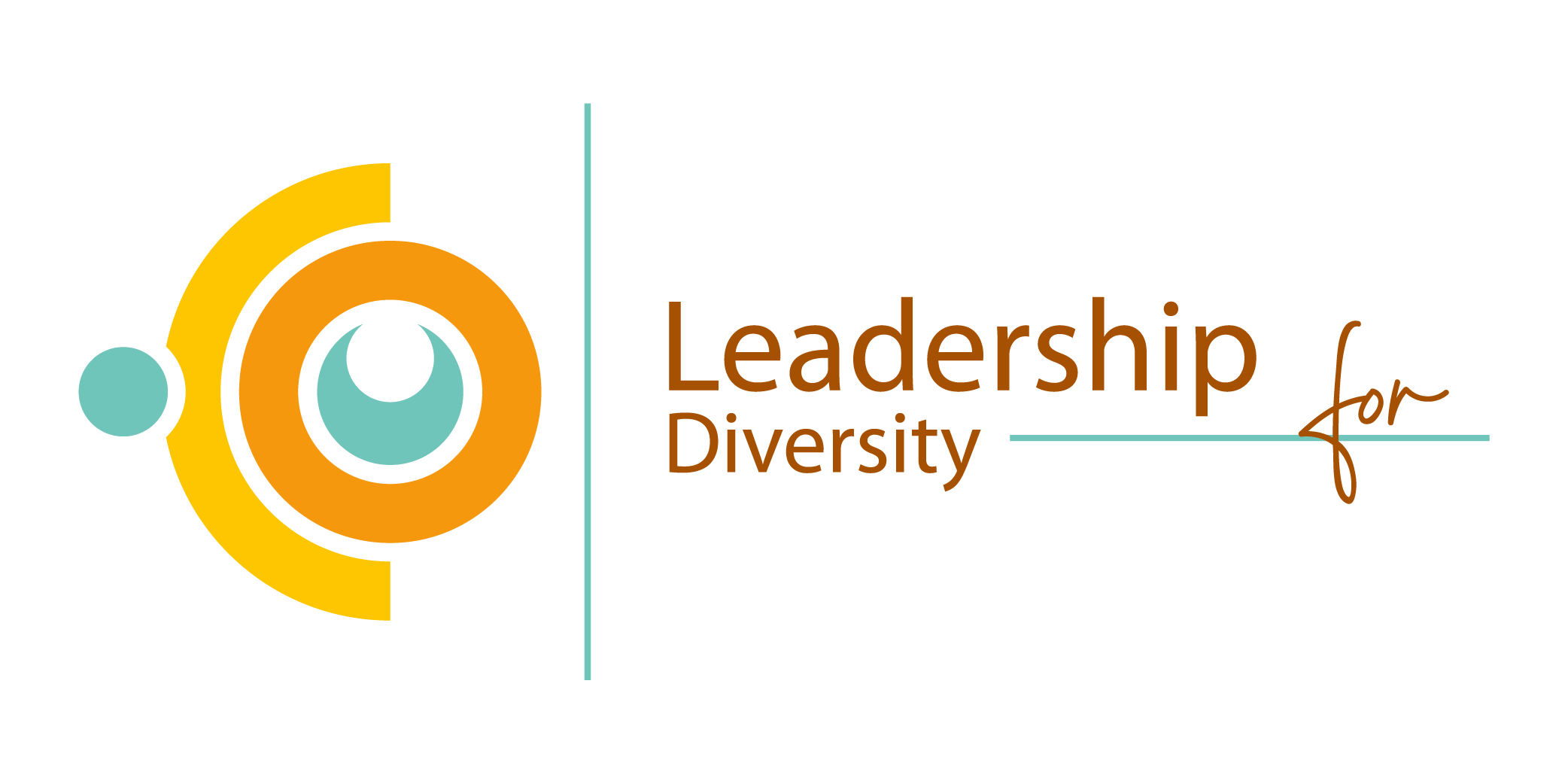Materials
Handout with the scenario
Preparation
Distribute handouts. Form groups of 3-4 participants.
Handout:
Read the following scenario and discuss the questions below with the group.
At Greenfield International School, tensions between teachers of different generations have led to mutual discrimination and a strained working environment. Elizabeth, a veteran teacher in her late 50s, and Jessica, a newly hired teacher in her mid-20s, frequently clash over teaching methods, technology use, and classroom management. Elizabeth, who has been with the school for over 30 years, prefers traditional teaching methods and believes in a structured, authoritative classroom environment. Conversely, Jessica embraces modern technology, collaborative learning, and a more relaxed approach to student interactions. These differences have led to several conflicts during staff meetings, with Elizabeth viewing Jessica as inexperienced and disrespectful of established practices, while Jessica perceives Elizabeth as inflexible and resistant to change. Other staff members, spanning different generations, have also experienced similar issues, creating a divided and tense atmosphere. The school’s administration has not yet addressed these generational conflicts, and there is no formal training on generational competency. This lack of understanding and support has resulted in significant stress and hindered collaboration among the staff.
- What specific generational competency issues can be observed in the interactions between Elizabeth and Jessica?
- How can the school administration address these conflicts to promote understanding and respect between different generations?
- What steps can be taken to implement effective generational competency training and foster a more cohesive working environment?
Select a spokesperson to present your findings in max. 7 min.
Debriefing
Spokespersons present their findings to the large group, and the facilitator moderates a discussion. Each group adds only new ideas, building on the previous contributions without repeating the same ideas.
Possible responses
1 What specific generational competency issues can be observed in the interactions between Elizabeth and Jessica?
- Differing teaching methods: Elizabeth prefers traditional methods, while Jessica embraces modern techniques.
- Attitudes towards technology: Elizabeth is reluctant to use technology, while Jessica actively incorporates it into her teaching.
- Contrasting classroom management styles: Elizabeth favours a structured, authoritative environment, whereas Jessica prefers a relaxed, collaborative approach.
- Mutual perceptions of inexperience and disrespect: Elizabeth sees Jessica as inexperienced and disrespectful, while Jessica views Elizabeth as inflexible and resistant to change.
2 How can the school administration address these conflicts to promote understanding and respect between different generations?
- Organise workshops: Conduct regular workshops focused on understanding generational differences.
- Facilitate open dialogue: Create opportunities for staff to openly discuss their perspectives and experiences.
- Establish mentoring programs: Pair veteran teachers with newer ones to encourage knowledge sharing and mutual respect.
- Promote collaborative projects: Encourage projects that require input from all generations to foster teamwork and understanding.
- Create a supportive platform: Provide a space for teachers to voice concerns and seek support in resolving conflicts.
3 What steps can be taken to implement effective generational competency training and foster a more cohesive working environment?
- Provide professional development sessions: Offer training on generational differences and effective communication strategies.
- Encourage collaborative teaching: Promote co-teaching arrangements between teachers of different generations.
- Create a mentorship program: Pair experienced teachers with newer ones to facilitate knowledge exchange and mutual respect.
- Organise team-building activities: Plan activities to improve interpersonal relationships and reduce tension among staff.
- Ensure ongoing support and follow-up: Regularly check in to address emerging issues and evaluate the effectiveness of training programs.
